Sustainability

What challenges are we encountering in delivering you sustainable artificial grass pitches?
It's widely recognised that industry in general has a significant impact on the environment. On the other hand, it has the greatest capacity to minimise its negative impact. Within the artificial turf industry, Domo® Sports Grass identified three major sustainability challenges arising from different regulatory frameworks and regulations, as well as the negative perception of synthetic turf due to its plastic composition.
1. EU Green Deal
The EU Green Deal is an ambitious policy initiative focused on three themes: Carbon reduction, move towards a circular economy and caring for people and regions. With this EU Green Deal, the European Union wants to:
- Be climate-neutral by 2050
- Realise economic growth without depletion of natural resources
- Leaving no person or region on its own fate
Source: The European Green Deal. (2021, July 14). European Commission. https://commission.europa.eu/strategy-and-policy/priorities-2019-2024/e…
2. Restrictions on specific artificial turf products
The European Chemicals Agency (ECHA) has introduced a restriction on the sale of polymer infill granules used in artificial turf football pitches. This so-called microplastic ban is intended to reduce the spread of microplastics in the environment. The ban comes into force in 2031 and applies to complete artificial turf football pitches.
Another restriction is proposed by the International Hockey Federation (FIH). This ban specifically targets water hockey pitches for official matches. Despite being the preferred surface for professional hockey, this ban will have a significant impact on the playing surface and overall dynamics of the hockey sport.
Sources:
Microplastics - ECHA. (n.d.). https://echa.europa.eu/hot-topics/microplastics
Development of dry (Non-Irrigated) hockey turfs. (n.d.). International Hockey Federation. https://www.fih.hockey/dryturf
3. Societal shift
In both organisations and governments today, sustainability plays an important role in the procurement of their sports infrastructures. Although our main customers are local authorities, associations, contractors and architects, who are often involved in tenders, the final decision still lies in the hands of individuals. These individuals are logically guided by personal norms and values when making choices. Environmental impact and sustainability may be some of these values. These values may not only be for these decision-makers but may also play a role for athletes in choosing their club, potential investors and sponsors.
We apply Corporate social responsibility
All the identified challenges require a self-regulating business model - and activities that help us meet them: Corporate Social Responsibility. A good CSR strategy can help companies make the most sustainable choices in their operations and product development. Innovation is also important. By adopting a Corporate Social Responsibility policy, we ultimately want to achieve better and more sustainable artificial grass sports facilities for the environment, players, and clubs. Domo® Sports Grass' CSR policy focuses mainly on the environmental challenges we have identified.
Watch the video for a brief overview or find more detailed information below.
We take care of you and the environment

We are led by the UN Sustainable development Goals
In line with our Corporate Social Responsibility, we have carefully selected specific United Nations Sustainable Development Goals (SDGs) that align with our values and expertise, guiding our efforts towards meaningful contributions to global challenges. At Domo® Sports Grass we embrace change, actively seeking to create a positive impact on the environment and society. Our choice of SDGs is a deliberate step towards fulfilling our commitment to innovation and corporate responsibility, identifying areas where we can make a significant impact in the coming years.
As an industry leader, we recognize our responsibility to generate a positive impact on the environment and society. Our commitment to innovation is at the forefront of our business ethos, and we continually strive to evolve in a sustainable manner. This commitment extends to both product and process innovation, as well as ongoing investments in the skills of our dedicated workforce.
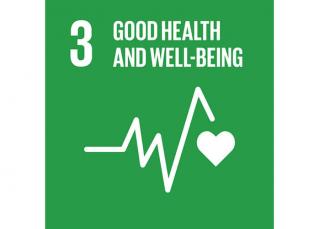
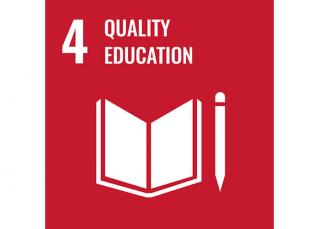
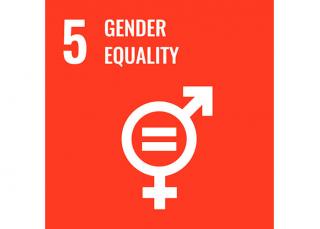
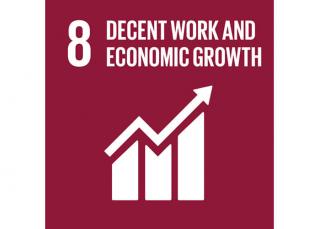
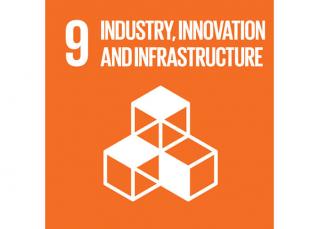
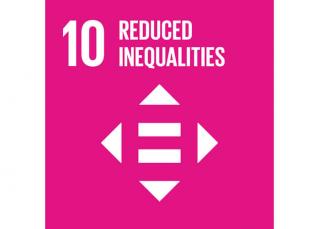
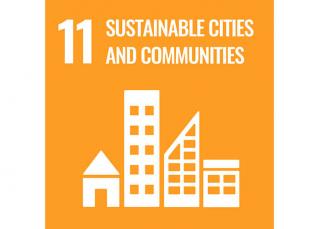
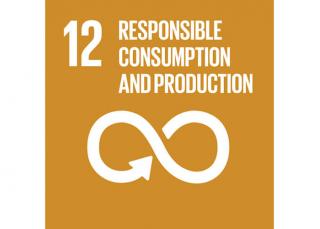
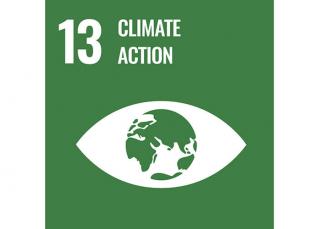
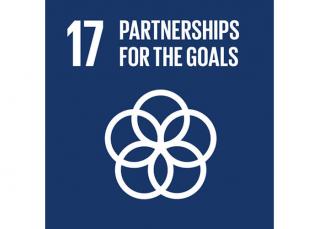
Why we believe in being a sustainable business
As a market leader, we recognise our responsibility to have a positive impact on the environment and society. Sustainability is one of the fundamental principles that guides every decision we make and is reflected in our product development processes, where we prioritise environmentally friendly materials and manufacturing techniques. We are constantly looking for innovative ways to make our products and manufacturing sites more sustainable without compromising quality or performance.
To ensure that sustainability is embedded in our culture, we invest in the skills and development of our people. We empower them to integrate sustainable practices into every aspect of our business.
In essence, sustainability is not just a goal for us; it's a journey we are committed to. We believe that by embracing sustainability, we can not only thrive as a business, but also make a positive contribution to the well-being of our planet and society as a whole.
Feel free to contact us
Do you want to know more about how we are working to be more sustainable? Or do you want to know more about our sustainable artificial grass solutions?
Complete the form and our representative will contact you shortly:
Frequently asked questions
What is Corporate Social Responsibility?
Corporate Social Responsibility (CSR) in the artificial grass business, and all other businesses, involves a commitment to operating ethically and responsibly while considering the environmental and social impacts of our operations. This includes efforts to minimize environmental harm through sustainable manufacturing processes, such as reducing water usage, minimizing waste, and using eco-friendly materials.
The CSR policy of Domo® Sports Grass is based on 5 pillars:
- Sustainability certifications and networks
- Developing eco-friendly products
- Activities to realise carbon reduction
- Switching towards a circular economy
- Caring for people
What are SDG's in simple terms?
The Sustainable Development Goals (SDGs) are a set of global objectives adopted by all United Nations member states to address some of the world's most pressing sustainability challenges. These goals cover a wide range of issues, including ending poverty and hunger, promoting good health and well-being, ensuring quality education, achieving gender equality, and combating climate change. In essence, they serve as a blueprint for creating a better and more sustainable future for all people and the planet.
Domo® Sports Grass selected 10 of these 17 SDG's where we can make a significant impact with our organisation in the coming years:
SDG 3 - Good Health and well-being
SDG 4 - Quality Education
SDG 5 - Gender Equality
SDG 8 - Decent Work and Economic Growth
SDG 9 - Industry, Innovation, and Infrastructure
SDG 10 - Reduced Inequalities
SDG 11 - Sustainable Cities and Communities
SDG 12 - Responsible Consumption and Production
SDG 13 - Climate Action
SDG 17 - Partnerships for the Goals
What are the benefits of being a sustainable artificial grass business?
Partnering up with a sustainable artificial grass business offers you numerous of advantages. Firstly, your project is made with in an environmentally friendly way and eco-friendly materials. In this way, you achieve your own sustainability goals. Secondly, it enhances the image of your sports facility, which can attract more members or potential investors or sponsors. Choosing Domo® Sports Grass as your sustainability partner also ensures you that your eco-friendly sports facility offers the playing performance your players need. We are always focusing on creating the right balance between the need for players, sports clubs and the environment.
What are the three benefits of sustainability
Buying sustainable artificial grass has many advantages. We believe that the three main beneftis are:
- Positive public perception: As people prioritize sustainable practices more, athletes may be attracted to clubs that demonstrate a commitment to environmental responsibility and ethical values.
- Long-term cost savings: While eco-friendly products may come with a higher initial cost, they have the potential to generate significant long-term savings for your club. These savings can be realized through factors such as increased wear resistance, reduced maintenance expenses, lower water consumption, and decreased need for infill replenishment. It's important to note that the extent of cost savings will vary depending on the specific type of product you select.
- Attractiveness to sponsors and partners: Choosing eco-friendly product solutions has the potential to enhance the appeal of your sports club to potential sponsors and partners, leading to an increase in financial support.
What is ESG in simple terms?
ESG stands for Environmental, Social, and Governance. It is a framework to help companies in their sustainability and ethical practices.
What are the three pillars of ESG?
ESG includes three pillars:
- Environmental: The impact of a company on the planet, such as carbon footprint or waste management.
- Social: The interaction between a company and people, including it workforce, customers and communities
- Governance: Leadership, ethics and transparency in a company's decision-making.